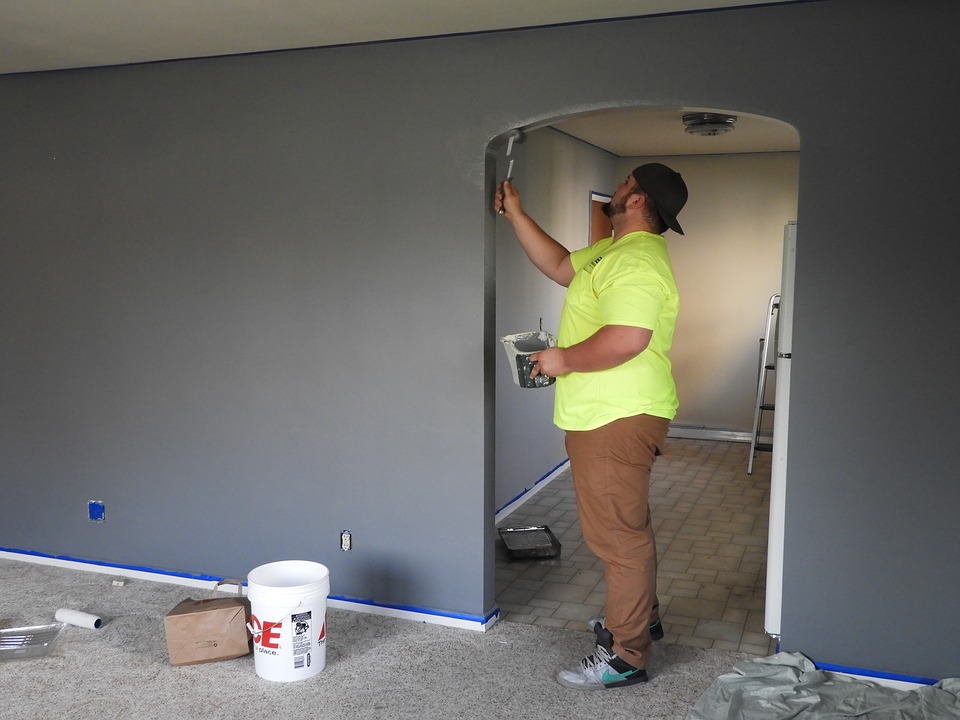Unexpected home repairs can disrupt your budget and force immediate financial decisions. A leaking roof, broken HVAC system, or burst pipe rarely gives notice. These repairs often arrive at the worst moment, when savings are low or monthly expenses are already tight. Ignoring them can lead to long-term damage, but rushing decisions can cause financial strain.
Knowing how to manage these costs quickly and smartly can make the situation less stressful. Instead of panicking, look at solutions that provide both short-term relief and long-term stability. Whether you need cash now or need to protect future finances, the right approach depends on how prepared you are and what support systems you have in place.
Review All Immediate Repair Priorities First
Begin by clearly assessing the problem. Not every issue requires immediate attention—a flickering light can wait, but a gas leak demands urgent action. Prioritize repairs based on safety risks, potential for further damage, and how they affect daily life. Consulting a certified professional to diagnose the issue helps avoid guesswork and uncovers any hidden problems.
Once the diagnosis is done, ask for a written estimate. This prevents surprise add-ons later. Clarify labor rates, materials, and timeframes. Get multiple quotes for larger jobs. Many homeowners feel rushed during an emergency, but slowing down here can save hundreds of dollars. If the issue worsens quickly, take photos and document the condition. Some insurance companies may need proof later.
Consider a Short-Term Personal Loan
When savings cannot cover the full cost, a short-term personal loan may help bridge the gap. These loans typically offer fixed interest rates and repayment terms between a few months and a few years. They allow you to get the repair done now without tapping into credit cards or delaying needed work.
Lenders look at income and credit history, but some also consider other financial behavior. You may qualify even with an average score. Make sure you understand the total repayment amount, not just the monthly installment. Choose reputable lenders like CreditNinja who disclose fees and terms up front. Avoid options that offer fast cash but hide penalties in the fine print. A loan can protect your home while keeping your daily budget stable. But if the repair cost is low or manageable in stages, you might not need one. Always compare the loan size to the urgency of the work.
Look for Assistance or Coverage You Overlooked
Many homeowners forget about warranties or insurance until after they pay. Review your homeowners’ policy to check if the damage is covered. Some policies include roof repairs, plumbing issues, or electrical faults caused by external forces.
Extended warranties, appliance plans, or service contracts may cover repairs if the issue involves appliances or installed systems. If a recent repair was done by a contractor, reach out to them first. Reputable contractors often provide short-term guarantees on their workmanship. Looking into existing protections can avoid out-of-pocket costs entirely. Local utility companies and nonprofit programs sometimes offer one-time grants for urgent repairs. This depends on your income and the type of damage, but it is worth exploring if your area offers support.
Negotiate with Contractors or Vendors
If paying in full is not possible, speak with the contractor before work begins. Many professionals allow structured payments. Some accept deposits upfront and the balance later. Others may reduce the cost if you offer to pay in cash or schedule during a slower time.
Explain your budget honestly. Some vendors offer lower rates if they know you’re comparing quotes. Keep communication professional and clear. Being transparent about costs often opens up options that aren’t advertised.
For DIY fixes, hiring a handyperson can save you money on tasks like patching drywall or sealing windows. However, for plumbing, electrical, or structural work, always choose a licensed professional to ensure safety and quality.
Cut or Pause Other Expenses Temporarily
When a large repair hits, regular spending habits may no longer fit. Trimming back temporarily can help you stay on track without long-term sacrifices.
Trim Flexible Spending Without Sacrificing Essentials
Not every budget category is essential when you’re facing urgent costs. Start with non-fixed items like streaming services, online subscriptions, or weekly takeout meals. Cutting back on these provides breathing room without affecting your basic needs. If you reduce just a few of them, you can shift that money directly to the repair fund.
Rework Budget Categories to Prioritize Repairs
Some categories can be lowered or paused completely for one month. Move money from areas like entertainment, personal care, or leisure travel into your home expenses column. Use a budgeting app or manual tracker to make the changes visible. Seeing the tradeoffs makes it easier to stay disciplined and avoid overspending elsewhere.
Avoid Delays on Critical Financial Obligations
Core obligations must remain intact, no matter how stretched your budget feels. Late payments on housing, utilities, or insurance can trigger fees or even service shutoffs. If you’re unsure about paying everything, contact providers early to discuss hardship extensions. It’s better to plan a delay with permission than to miss a payment unexpectedly.
Sell Unused Items for Extra Cash
Most homes have items that can be turned into fast cash. Old tools, electronics, and gently used furniture sell well on local marketplaces. Sporting goods, power tools, and phones in working condition often bring in solid returns.
Selling locally avoids shipping costs and waiting for payment. Post clear photos and descriptions. Focus on items that are in demand and easy to move. One or two quick sales might cover a plumber’s visit or material deposit.
Items that often sell quickly:
- Working smartphones and tablets,
- Tools and home improvement gear,
- Gently used furniture,
- Small kitchen appliances,
- Gaming consoles or accessories.
You can also offer short services like yard work or pet sitting in your neighborhood. Apps for gig work or same-day jobs may help if you have flexible time and access to transportation.
Smart Decisions Now Prevent Bigger Problems Later
Facing a surprise home repair may feel overwhelming, but how you respond sets the tone for your financial stability. Fast choices can lead to long-term debt if done without planning. By evaluating every resource, understanding funding options, and cutting back strategically, you protect more than your home – you protect your peace of mind.



